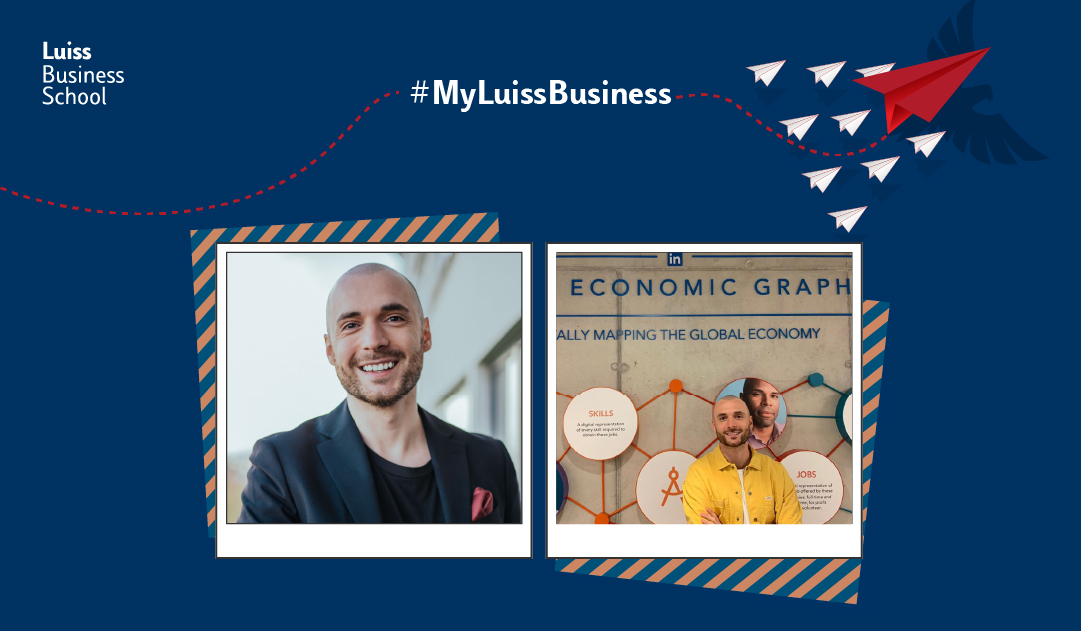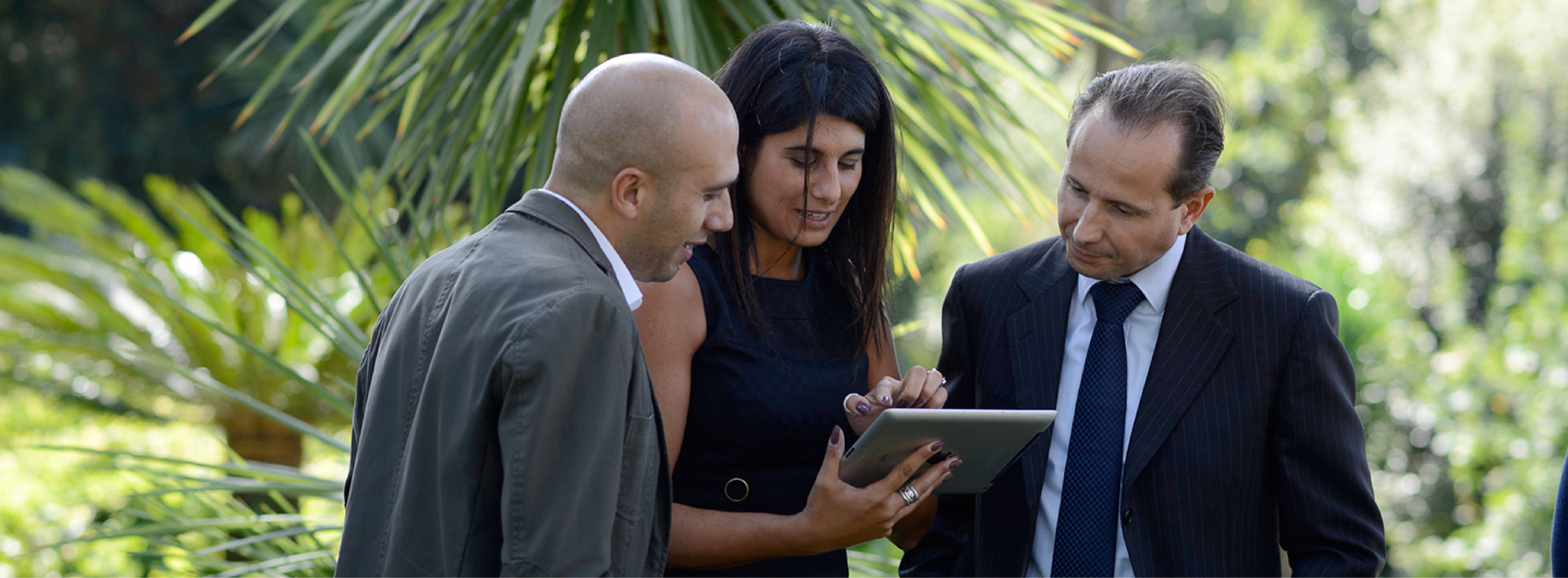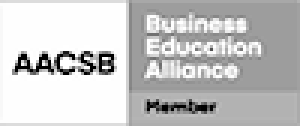The alumnus of the Master International Management is today Account Director Enterprise for LinkedIn Marketing Solutions: a goal achieved thanks to ambition and network.

A law degree from Federico II in Naples and a great desire to do business: this is the beginning of the path that led Mario Mazzuoccolo from the tome of law to the benches of the Master in International Management at Luiss Business School. “International” is the key word in this story. If there is one thing that has always been clear to Mario is that he wanted to work abroad. To do this, he needed a boost: he found it in the classrooms of Villa Blanc, in Rome.
Mario Mazzuoccolo, what made you decide to choose the Master in International Management at Luiss Business School?
After graduating in law, I realized that the area in which I wanted to work was not the legal, but the business. The responses I received to my applications for these positions made me realize that I needed to invest in my training to make that leap. So I started doing some research and Luiss Business School appeared often. As I have always wanted to work abroad, I chose the Master in International Management which was in line with my ambitions. The two Erasmus and the international experiences during the years of university in Naples were a natural prerequisite for that choice.
What type of environment did you find at Luiss Business School?
Ambitious. All my classmates have come a long way. I found people like me who wanted to be professionally successful. Some of them are very close friends of mine today.
Which course has had the greatest impact on your career?
A mentorship project with Elena Ghigo, at the time HR director of Johnson & Johnson Italia, now a freelance coaching professional.
Was there any speaker in particular that impressed you?
Roberto Marinucci, Procter & Gamble Manager, who I met during the International Business Development course. His story had impressed me, as well as his practical approach to the subject, which completed my very solid but still theoretical basis. After some time, I also called him for advice and he was of great help.
Soft skill: how did you work on this area during the Master?
I remember a meeting with a Fox manager. His teachings, right at the beginning of the course, still guide me in my daily work. The first: «You don’t have to create problems, you have to solve problems», the second: «Learn Excel». I have always been passionate about technologies, but, from this point of view, my training in law didn’t help me as much as the course to learn the calculation program. In addition, the Public Speaking course with Alberto Castelvecchi was also fundamental.
Competitiveness: how did you train this soft skill at Luiss Business School?
Competitiveness was always present, but under the radar: we immediately became very close friends, but we all had the same desire to do well and – why not? – also to attract the attention of the professors, all very relevant. The same change of project mates was a push to continually give the best.
Many alumni have experienced the value of networking at Luiss Business School. What was your experience like?
It is a fundamental element and, working at LinkedIn, I can bear witness to that. Knowing someone who has made their way in certain companies also facilitates my work, as I know that within an organization chart I know someone with whom to establish immediate contact.
Mario Vitale, Business Development Director at Luiss Business School, vigorously pointed out the importance of this value during the Master.
What do you mean?
He told us that interacting with a teacher or a guest meant enriching oneself by direct confrontation with the same protagonists of successful careers. He also invited us to cultivate relationships with our colleagues, as one day they would become future managers and leaders and a source of growth for each other’s careers. Today I can testify firsthand that the possibility of confronting people on the same wavelength as you is rare and precious.
At Luiss Business School, a lot of work is done on leadership. What do you think it takes to be true contemporary leaders?
Transparency, self-esteem, humbleness. A leader must be able to go through a difficult phase and be humble enough to go out of it, growing up: it is a skill that, if you don’t have it, must be developed. In Italy the concept of working hard is even more widespread than working intelligently, but the former alone is not enough.
What were the most significant moments of your journey at Luiss Business School?
To access, first of all. Starting to prepare the narrative to take to the selection interviews is a first test, which trains you to create the storytelling that will then be used after the Master. Then there was the relationship with the Career Service.
How did it go?
I found unique support in identifying the professional opportunity that best suits the student’s growth needs. After the Master I started working in a start-up abroad: a stimulating environment, in which I could also have made a career.
Today you are Account Director Enterprise for LinkedIn Marketing Solutions: did the Luiss Business School path make the difference in your entry into LinkedIn? If so, how?
I would say yes, the experience of the Master has helped me in many moments of my career. You know, at LinkedIn we hire people with different backgrounds and not just people who come from top universities, to foster the development of innovative strategies. So I would say that it was not “the title” that made the difference but the things learned along the way: from classmates, from professors and, of course, from self-study.
What skills developed during the Master were most useful for successfully moving into the world of tech companies in Dublin?
Definitely how to approach a case study and process presentations quickly. Listening skills and speed were fundamental. Even just exposing yourself to the case studies is functional: when approaching a director or a CEO, you have to add value in a short time and having a wealth of company stories helps you to immediately contextualize the language and the business model for the new costumer.
What are your plans for the future? Do you think you will go back to training?
I will definitely go back to training and LinkedIn is one of those companies that invests in training their employees. I want to learn another language and sooner or later I would like to do an MBA. In the near future I would like to have my own team, preferably here in LinkedIn.
What are your suggestions for future students and in the classroom on how to fully grasp the opportunities of the path at Luiss Business School?
I recommend concentrating on building the network with classmates and professors: it is a unique opportunity to be “seen” by people who have important positions and a wealth of incredible experiences. Going back, I would exploit it even more. Then, along the way, we should try to understand what we are really passionate about. The job market is now candidate driven, so you have the opportunity to dictate your conditions. Even in Italy we have to do it, if we want the market to grow positively: therefore never be satisfied.
05/31/2022













